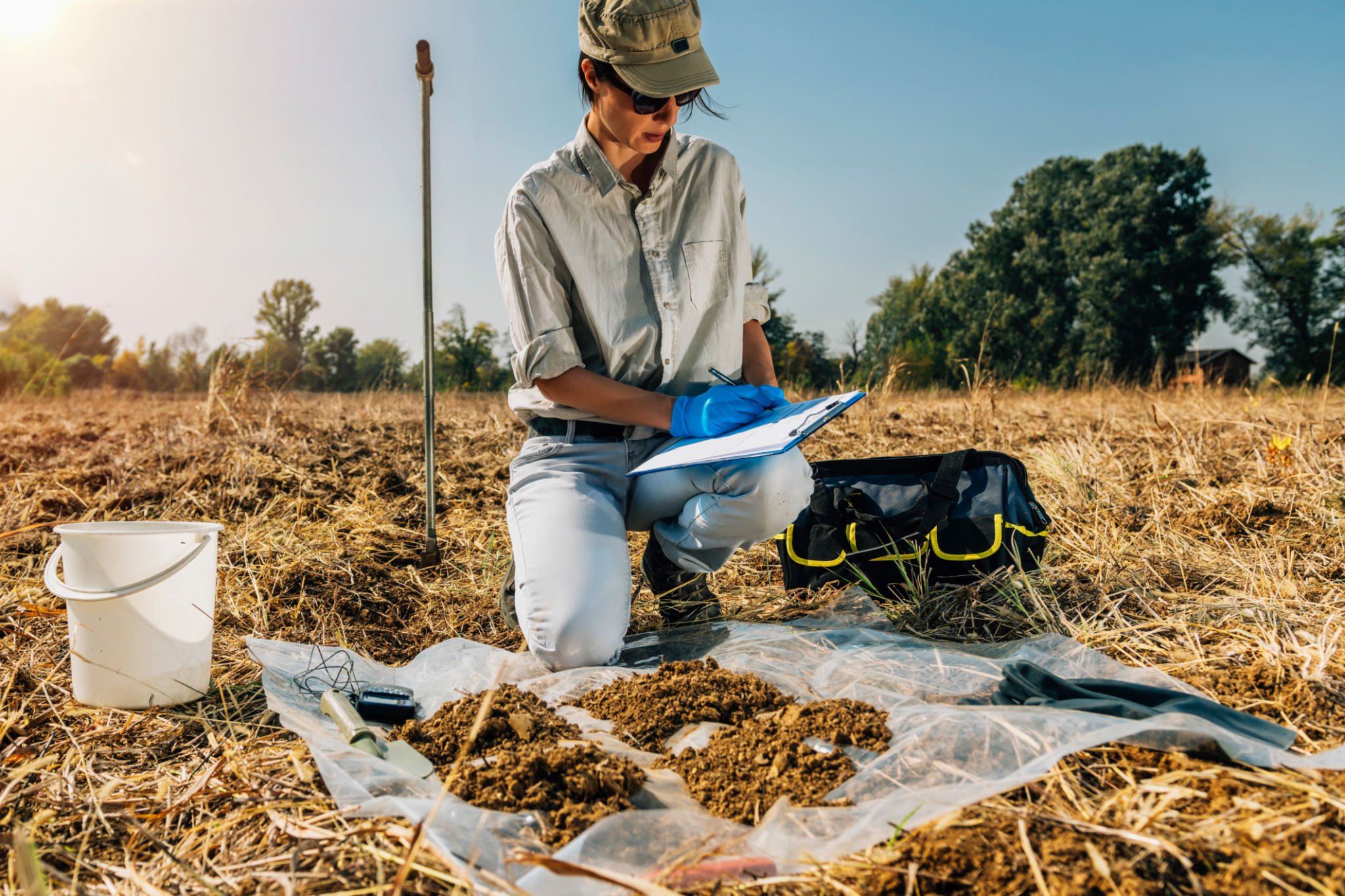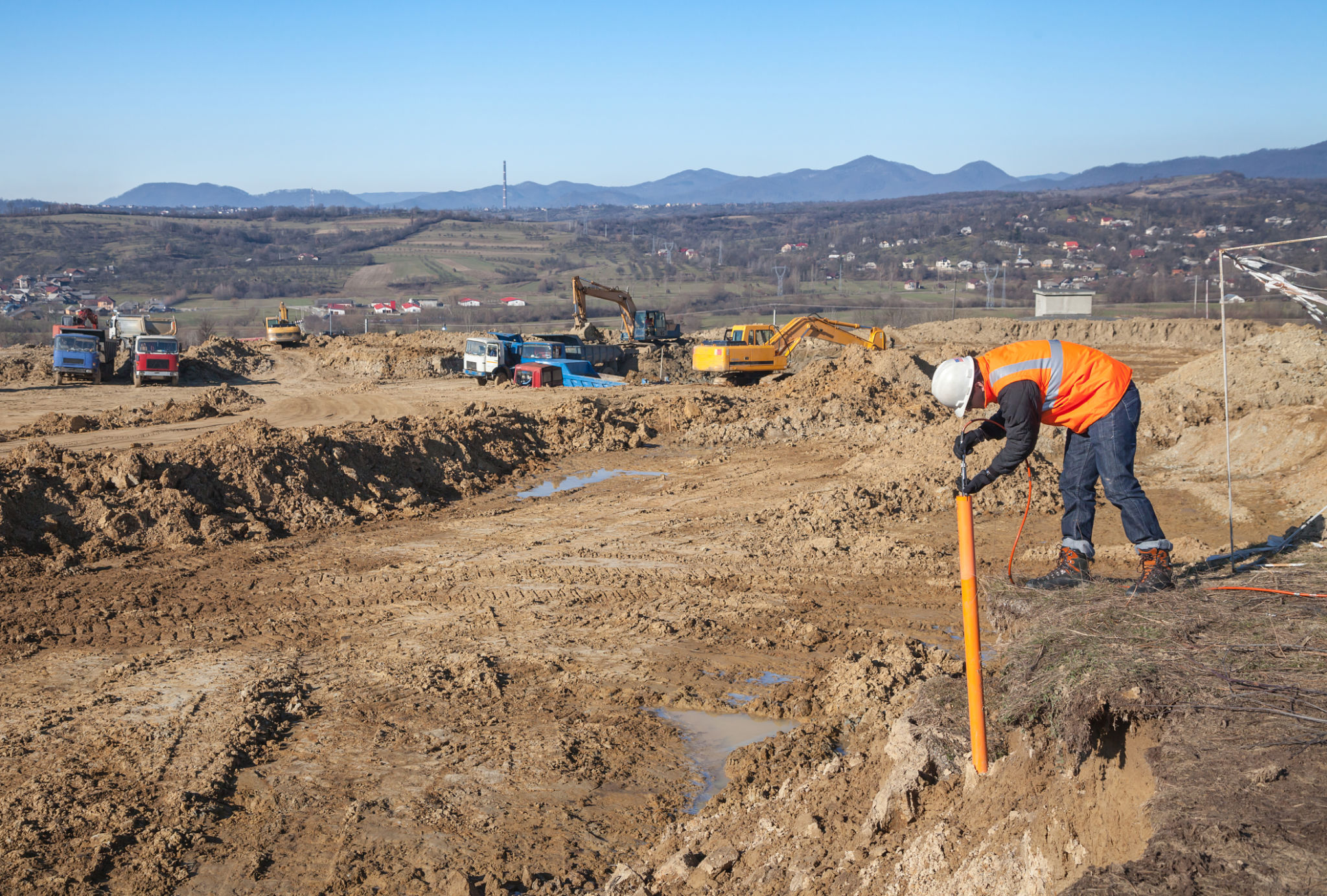Geotechnical Analysis: Why California Projects Demand Expertise
Da
The Importance of Geotechnical Analysis
California is a state known for its stunning landscapes, but beneath its beauty lies a complex geological structure that demands careful consideration. Geotechnical analysis plays a crucial role in ensuring the safety and longevity of construction projects in this region. From residential buildings to large infrastructure projects, understanding the ground's properties is essential to prevent costly mistakes and ensure structural integrity.

Understanding California's Geology
California's diverse geology is a result of its tectonic setting along the Pacific Ring of Fire. The state's varied landscape includes coastal plains, mountain ranges, and desert areas, each with unique soil types and seismic activity. This diversity requires specialized expertise to assess soil conditions accurately and predict how they will respond to construction activities.
In addition to natural geological formations, human activities such as mining and agriculture have altered the landscape over time. These changes can affect soil stability, making geotechnical analysis even more critical for modern construction projects.
Seismic Considerations
One of the most significant challenges for construction in California is the risk of earthquakes. The state is crisscrossed by numerous fault lines, with the infamous San Andreas Fault being one of the most active. Geotechnical engineers must evaluate the potential impacts of seismic activity on proposed structures and incorporate earthquake-resistant designs into their plans.
Advanced technology and methods, such as liquefaction analysis and ground motion simulation, are employed to ensure that buildings can withstand seismic forces. These techniques help engineers design foundations and structures that minimize damage during an earthquake.

Importance of Soil Testing
Soil testing is a fundamental aspect of geotechnical analysis. It involves assessing soil composition, strength, and stability to determine its suitability for construction. Different soil types react differently under load, and understanding these properties is vital for designing safe and efficient foundations.
Common tests include soil density, moisture content, and shear strength. The data collected helps engineers make informed decisions about the type of foundation required and any necessary soil stabilization measures.
The Role of Technology in Geotechnical Analysis
Advancements in technology have revolutionized geotechnical analysis. Tools like Geographic Information Systems (GIS) and computer modeling enable engineers to visualize underground conditions and simulate various scenarios. These technologies provide a deeper understanding of site-specific challenges and offer innovative solutions.
Moreover, drones and remote sensing technologies allow for the collection of data from hard-to-reach areas, providing critical insights without disrupting the environment. This technology-driven approach enhances accuracy and efficiency in geotechnical investigations.

The Need for Expertise
Given the complexities involved, it is essential to engage experienced geotechnical professionals for any construction project in California. Their expertise ensures that all geological factors are considered, from soil composition to seismic risks, resulting in safer and more sustainable developments.
Expert geotechnical analysis not only protects investments but also contributes to public safety by preventing structural failures. By addressing potential issues during the planning phase, costly delays and repairs can be avoided.
Conclusion: A Foundation for Success
Geotechnical analysis is more than just a preliminary step; it is the foundation for success in California's construction industry. With its diverse geology and seismic activity, the state presents unique challenges that require specialized knowledge and innovative solutions.
Investing in expert geotechnical services ensures that projects are built on solid ground, safeguarding both people and property against the unpredictable forces of nature.
